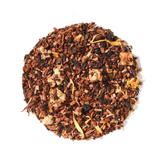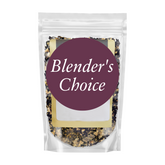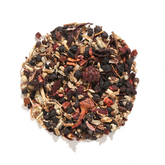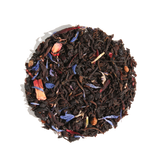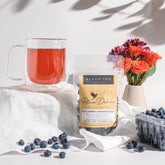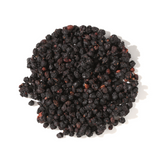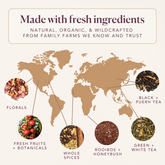Keep in mind that each milk alternative has its pros and cons, so choose the one that best suits your specific needs or health goals. The following are five popular plant-based alternatives to milk.

Soy Milk
Soy milk contains almost as much protein as milk, has no saturated fat, and is high in fiber and potassium. However, it often contains added sweeteners. There has also been some controversy over how safe soy is due to the fact that most soy is treated with pesticides, and the plant contains isoflavones (which could possibly disrupt hormone balance). However, in moderation, soy milk is a healthy choice. The suggestion is to buy organic, unflavored whole-bean soy milk.
Compared to cow’s milk, soy is sweeter in taste and creamier in texture. You may notice that some soy milk (as well as other milk alternatives) is fortified with calcium and other nutrients. Read the label and check that the product is fortified with calcium carbonate, which is more readily absorbed by the body than an alternative form, calcium triphosphate. Giving up milk doesn’t have to mean compromising your calcium intake. In fact, fortified soy milk has a very similar nutritional profile to that of milk.

Coconut Milk
If you want a soy-free alternative to milk, coconut milk is a good option. Of the milk alternatives, it’s the highest in saturated fat. Don’t let this deter you from trying it, though -- in moderation, it may actually aid in weight loss. And the saturated fat is what gives it that wonderful, creamy texture.
Look for coconut milk in the carton (the canned kind is typically used for cooking and is extremely high in fat). Also note that coconut milk may separate when cold and should be enjoyed at room temperature.
Hemp Milk
Hemp milk is creamy, flavorful, high in protein, low in bad fats, and high in good fats. The omega-3 and omega-6 fatty acids found in hemp milk improve memory and heart health. The downside is that it’s low in calcium and hard to find in stores.
Another reason to love hemp milk is that Dr. Oz claimed it as his favorite milk alternative on his show. He assured viewers that this product, made only from the seeds of the hemp plant, is THC-free and completely safe to consume.

Almond Milk
Almond milk is high in vitamins A, D, and E, and low in calories and sugar. Unfortunately, it’s also low in protein (with only 1 gram per cup) and more expensive than most types of milk.
If you don’t like the taste of milk, almond milk is worth a try. It tastes nothing like milk, and the natural hint of almond flavor makes it pretty tasty. An added bonus is that the vitamin E in almond milk will help you have smooth, radiant skin.
It’s also easy to make your own!
Rice Milk
Of all the milk alternatives, rice milk is lowest in fat. It’s also a good source of vitamins and minerals, though not the best. And because it’s made from a starch, it’s high in sugar and low in protein (with less than 1 gram per cup) and calcium. It’s also not as creamy as milk or other milk alternatives. The benefit of rice milk is that it’s safe for people with any type of allergies as it is nut-free, soy-free, and lactose-free.
With so many alternatives lining the shelves of the milk aisle, it’s tempting to give up milk in search of a healthier option. But many nutrition experts still agree old-fashioned cow’s milk is still the best choice, since it has the highest levels of protein, calcium, and vitamin D. When shopping for milk alternatives, the key is to read nutrition labels and choose the purest form of your beverage of choice (the less added preservatives and sweeteners, the better).
Photos are courtesy of the author.
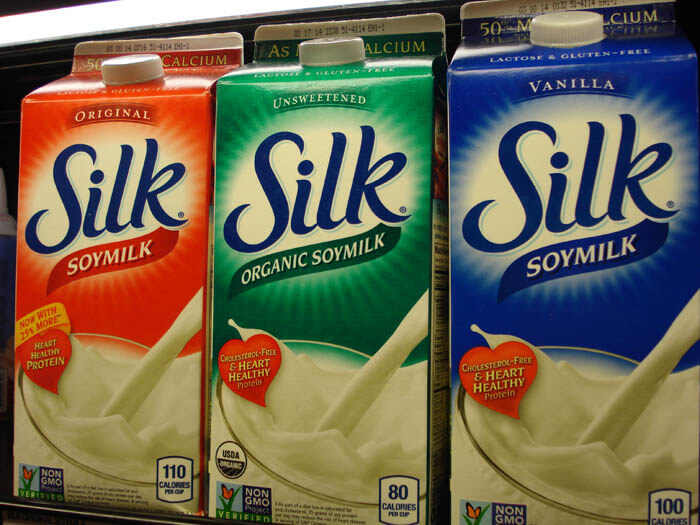
![Spring Break Tea Variety Pack [6-Pack Variety of Flavors]](http://www.plumdeluxe.com/cdn/shop/files/spring-break-pack.jpg?v=1740682266&width=165)

